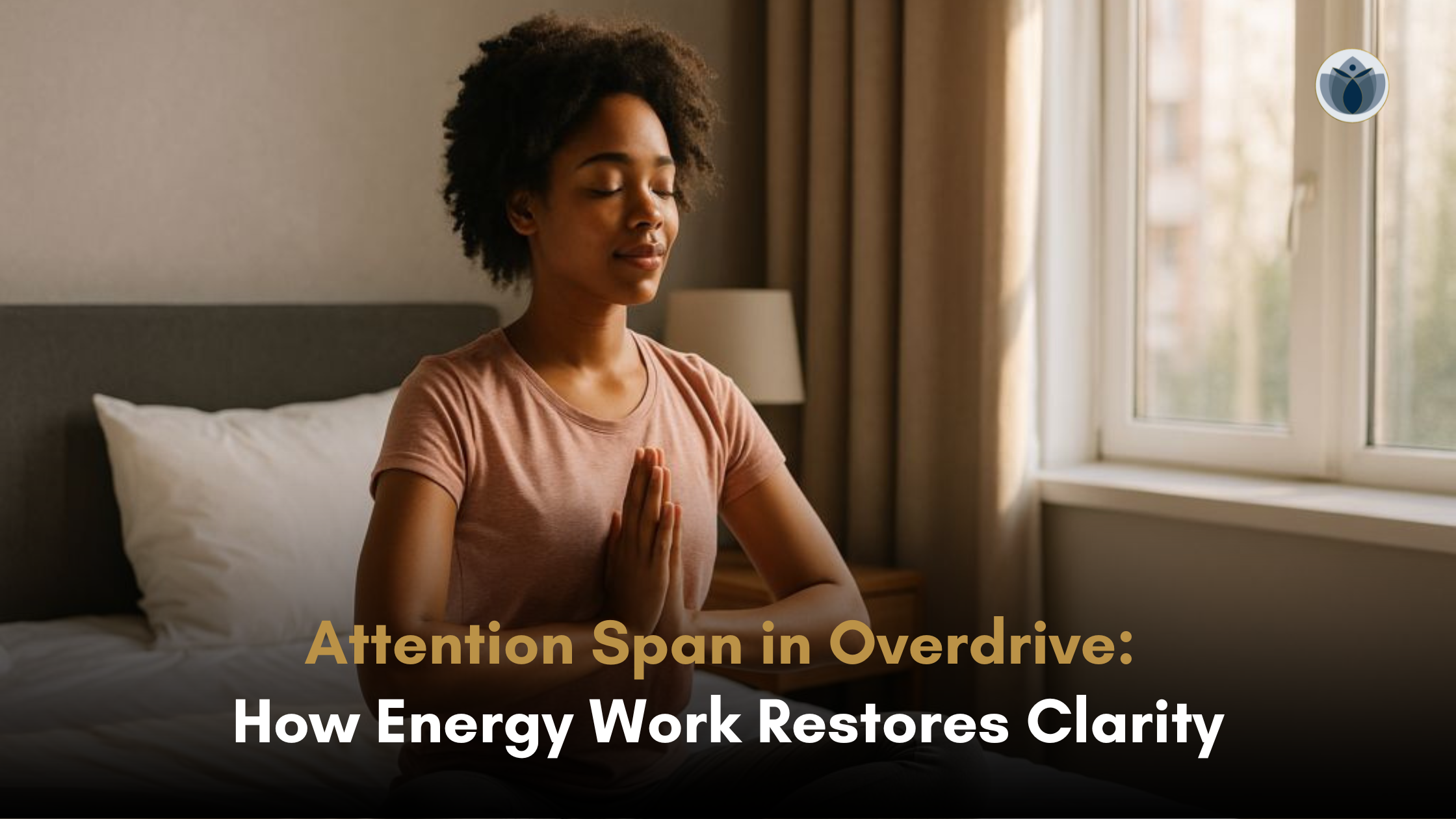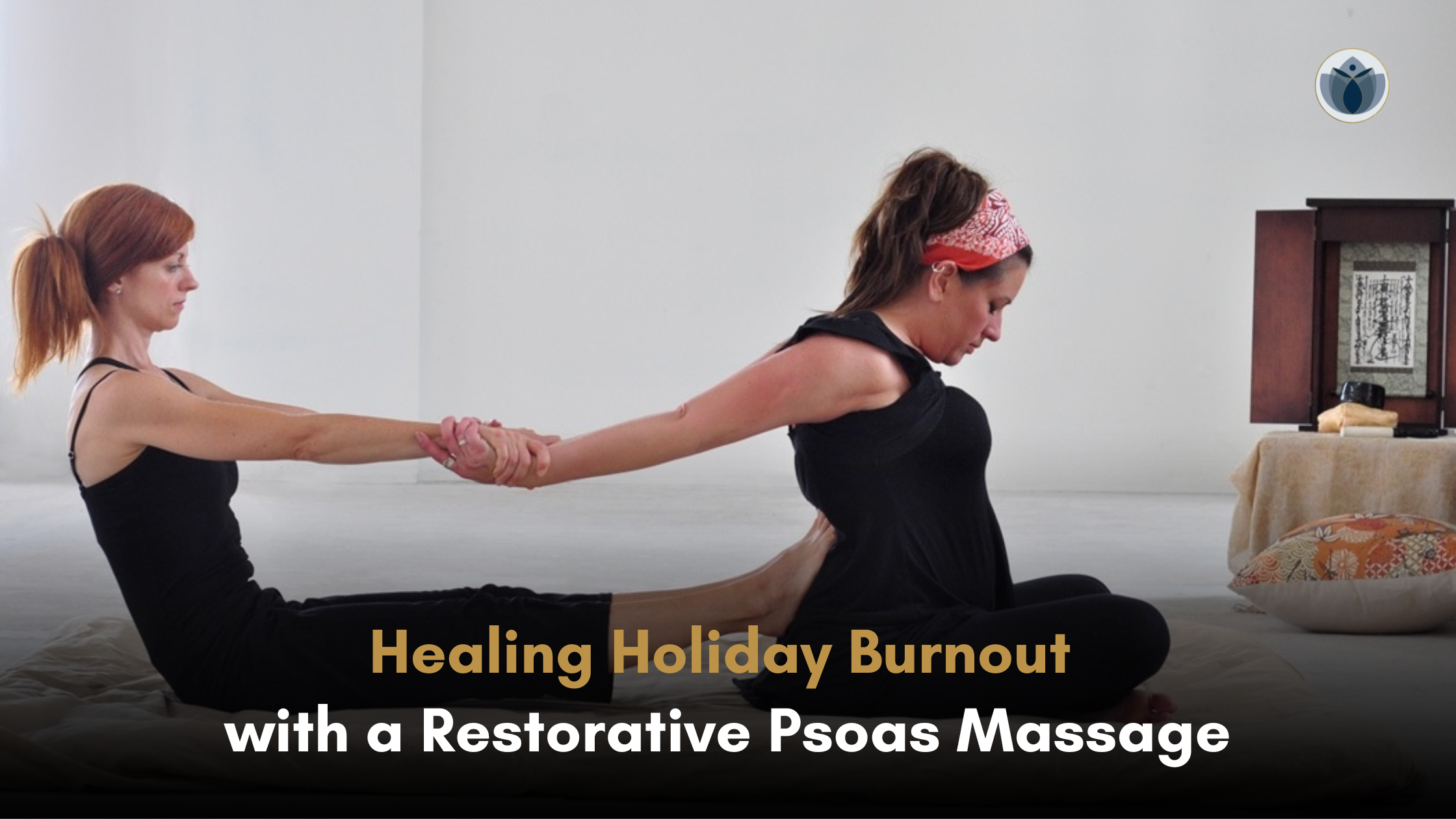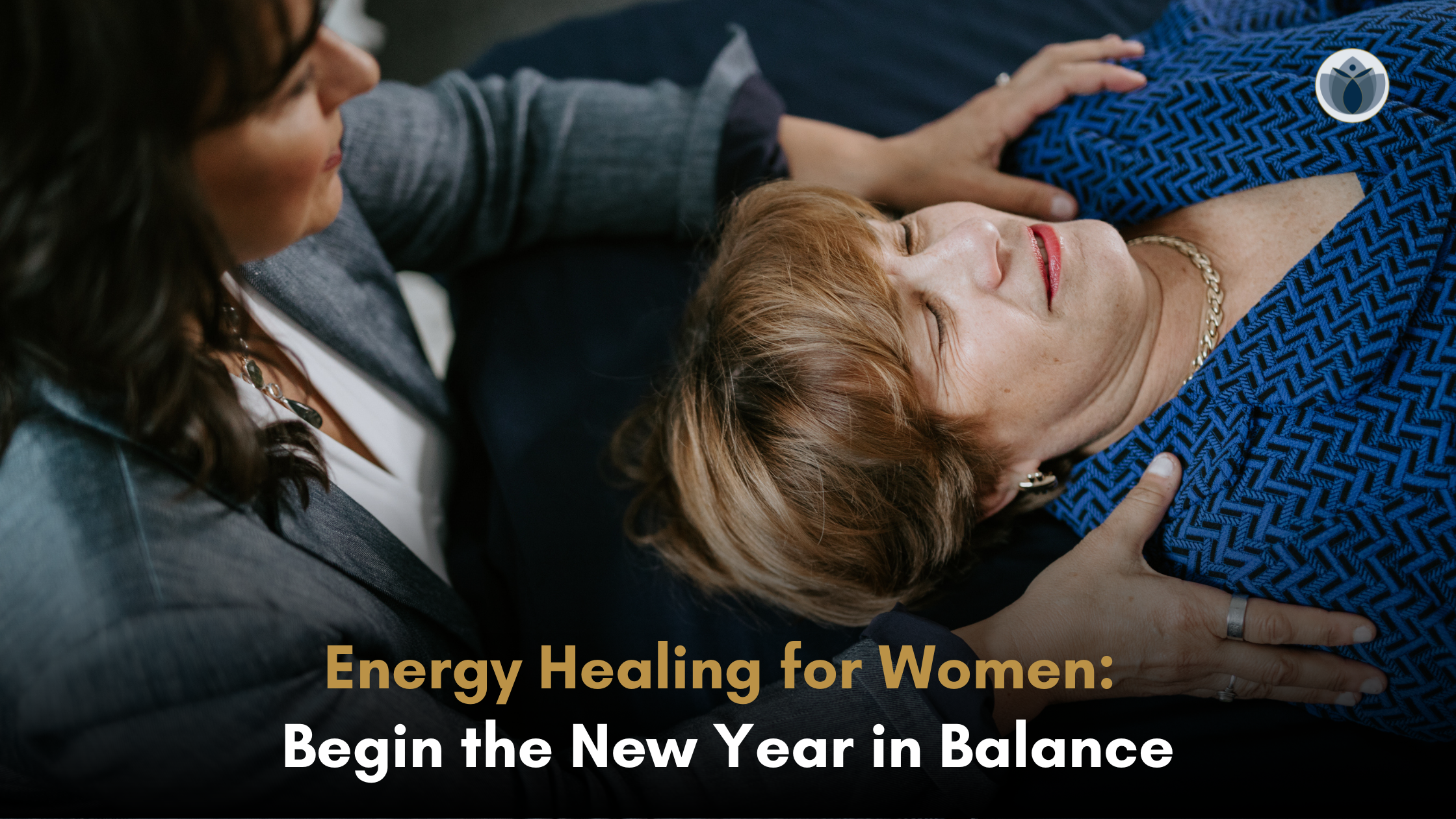It’s been a stressful week.
Deadlines are piling up, and on top of that, you had an argument with a loved one.
You feel knots in your stomach and can’t sleep well.
These aren’t just signs of a bad week but physical manifestations of emotional pain.
Emotional pain is just as real and impactful as physical pain, but it often goes unnoticed or unaddressed.
While physical injuries are visible and easy to identify, emotional pain is hidden inside us, affecting our mental and physical health in subtle yet profound ways.
In this blog, we’ll explore how emotional pain can impact your body and what you can do to address it.
What is Emotional Pain?
Emotional pain, also known as psychological pain or mental pain, is a state of mental suffering or distress. It can arise from various experiences and circumstances, such as the loss of a loved one, a breakup, chronic stress, anxiety, or trauma.
Unlike physical pain, which is often localized to a specific area of the body and can be treated with medication, when you’re emotionally hurt it affects your overall well-being.
Types of Emotional Pain
Emotional pain can manifest in different forms, including:
- Grief: The deep sorrow that comes with the loss of a loved one or something significant in your life.
- Heartbreak: The intense emotional suffering following the end of a relationship.
- Anxiety: Persistent worry or fear about future events or uncertain situations.
- Depression: A prolonged state of sadness, hopelessness, and lack of interest in activities.
- Shame and Guilt: Feelings of remorse or embarrassment over past actions or perceived shortcomings.
- Loneliness: A sense of isolation and disconnection from others.
The Mind-Body Connection
Our minds and bodies are interconnected. When you experience emotional pain, your brain sends signals to your body that can lead to physical symptoms. Here are some ways emotional pain can manifest physically.
- Headaches and Migraines: Stress and anxiety can cause tension headaches or migraines. When you’re emotionally distressed, your muscles tense up, especially around your neck and shoulders, leading to headaches.
- Digestive Issues: The gut-brain connection is strong. Emotional pain can cause stomachaches, indigestion, or changes in your appetite. Stress and anxiety can disrupt your digestive system, leading to issues like irritable bowel syndrome (IBS).
- Sleep Problems: Emotional distress can make it hard to fall asleep or stay asleep. Lack of sleep can then lead to a weakened immune system, making you more susceptible to illnesses.
- Heart Problems: Chronic stress and emotional pain can increase your risk of heart disease. Stress hormones like cortisol can raise your blood pressure and heart rate, putting extra strain on your heart.
- Weakened Immune System: Emotional pain can suppress your immune system, making you more vulnerable to infections and diseases. Chronic stress can lead to increased inflammation in your body, which can cause various health issues.
Signs of Emotional Suffering
Emotional pain can really mess with your everyday life. Here are some ways it can cause trouble:
-
Reduced Concentration and Productivity
When you’re feeling emotionally hurt, it’s hard to focus. You might find yourself daydreaming or worrying instead of working. This can lead to getting less done and feeling even more stressed.
1. Reduced Concentration and Productivity
Emotional pain can make it tough to connect with others. You might become more irritable, argue more, or withdraw from friends and family. This can strain your relationships and make you feel even more isolated.
2. Decreased Motivation
When you’re dealing with emotional pain, it’s hard to feel motivated. Activities you used to enjoy might seem like a chore. This lack of motivation can lead to avoiding things you love and feeling even worse.
3. How To Heal Emotional Pain?
Dealing with emotional pain can be tough, but there are simple ways to help you feel better. Here are five easy steps to heal emotional pain:
1. Talk About It
Open up to a family member, trusted friend, or therapist. Sharing your feelings helps you process your emotions and gain new perspectives, making the pain feel less overwhelming.
2. Practice Mindfulness
Stay present and be present in the current moment. Try deep breathing, meditation, or mindful walking to calm your mind and reduce stress, helping you feel more centered and at peace.
3. Stay Active
Get moving! Exercise releases endorphins– the brain’s feel-good chemicals. Simple activities like walking, yoga, or dancing can lift your spirits and improve your emotional resilience.
4. Take Care of Your Body
Prioritize your physical health. Nourish your body with healthy foods, stay hydrated, and ensure you get enough sleep. When your body feels good, it becomes easier to handle emotional challenges.
5. Do Things You Enjoy
Sometimes we find it too difficult to leave work at work, This, in turn, causes emotional pain. Thus, it’s essential to prioritize emotional disconnection from work and find time for hobbies – whether it’s reading, cooking, or spending time with loved ones. It will help you find balance.
Everything Considered
Emotional pain can hurt just as much as physical pain, affecting both your mind and body. It’s important to recognize and address this pain to stay healthy and happy. By understanding how emotional pain impacts you, you can take steps to heal.
Remember, you are strong and capable of overcoming emotional pain. Take care of your emotional well-being, and you’ll feel better and more balanced in life. You don’t have to face this alone – it’s okay to ask for help.
Contact Jacqueline Kane, a stop-the-pain specialist and professional therapist for a FREE assessment. She will help you let go of stress, transform your life, and live the life you desire.







